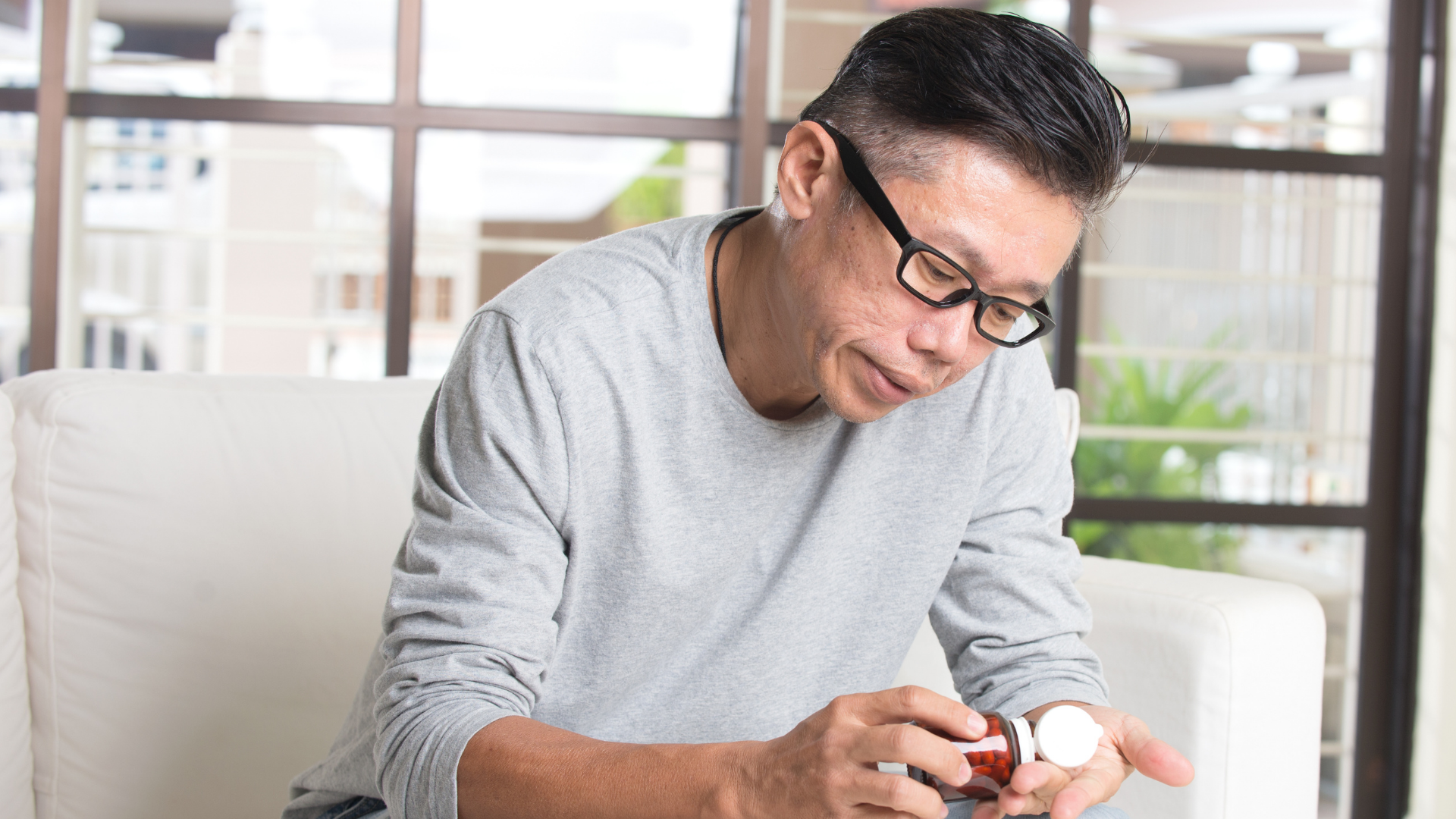“Unfortunately addiction amongst pharmacists is still very much hidden. Often the only time a pharmacist reaches out for help is when they are facing disciplinary procedures. This is very sad but also understandable.” – Addiction Support service user
We’ve recently talked a lot about the importance of encouraging conversations on subjects that may be challenging, and addiction is certainly one of those subjects. In the third of our series of Let’s Talk features, we want to discuss how easy it can be in times of stress to reach for something to take the edge off, to ease the tension and worry, and how sometimes this can lead to dependency.
People’s triggers can vary – as can their coping mechanisms
There don’t appear to be any particular patterns when it comes to the causes of addiction. Every case is unique. As we navigate through these challenging months ahead – recognising that for some the Christmas festivities can also be a trigger – the temptation to self-soothe stress and anxiety with mood altering substances and behaviours, can be high. These can be linked to alcohol, drugs (including prescription painkillers), food, gambling and shopping.
Ignoring the signs of an addiction can not only impact on an individual’s health, it can also affect relationships with families and friends. It can impact on a person’s performance at work and of course, for pharmacists, on the patients. Addiction can happen to anyone but recovery is possible with the right support, so we want to highlight how important it is to recognise that addiction is a treatable condition and there is lots of support available to those who find themselves struggling.
“While alcoholism is not limited by age, sex, ethnic background or religion etc; I believe pharmacists feel uniquely stigmatised when they succumb to a physical, psychological or progressive addiction to any substance. I always felt like a bit of an odd-one-out at group therapy meetings, so knowing that I was not the only pharmacist to be suffering in the way that I was came as a relief as well as a surprise. It is a stressful job, after all.”
Ben - Addiction Support service user
Recognition is key
While recovery from addiction can seem daunting, with the right strategies, treatment and support, change is possible. The first step to this, according to our addiction specialist Paul Sunderland from Outcome Consulting, is recognition. “Acknowledgment of a problem is a positive first step” says Paul. “We can only change the things that we acknowledge, so recovery from problematic behaviours and addiction begins with an admission. If we can tell someone we trust about our difficulty, we can also admit it to ourselves. Addiction hates exposure as it thrives in the dark.”
Admitting to addiction may seem like admitting to weakness and it can be very difficult for someone facing addiction to ask for help, particularly when they feel their life, relationship and/or career are on the line. Many try to manage the problem on their own but depending on the level of the addiction, may relapse and continue on a cycle of addiction abuse/failed detox.
A pharmacist with an addiction problem is very lonely; I felt as if I was the only pharmacist in the world like this, which made talking about it very difficult. I realised early on that real recovery comes from talking and being honest with one’s peers.
Bob - Addiction Support service user
Recovery has a much better chance of succeeding if done with other recovering people who are able to support each other.
For most people, recovering in isolation is not a realistic option because a characteristic of addiction is isolation. In conjunction with our pharmacists in recovery group, the charity is delighted to now pilot an addiction peer support helpline. This pilot has been established to provide encouragement to those worried about taking the next step in their journey and is staffed by trained volunteers from our addiction support recovery group. It is hoped that this telephone-based service, whilst not providing specialist addiction advice, will provide callers with assurances from individuals who have been through addiction, treatment and the recovery process themselves.
Find out more and access the addiction peer support referral form
Over the years, Pharmacist Support has assisted many pharmacists and their families through challenging times into recovery and back to work. You can read their full stories on our case studies page.
Anyone worried about a colleague or struggling themselves with dependency can call our confidential Addiction Support helpline on 0808 168 5132. Further information on the signs and symptoms of addiction can also be found here.
Looking back I can see that being a pharmacist was a huge barrier to seeking help; knowing that there might be others from a similar background with a similar problem was an eye opener; I thought I was the only one. It was so important that I could speak to someone who understood, someone who had been where I was, someone who didn’t judge, but also someone who understood the specific pressures of being a healthcare professional in the throes of addiction. Worries about being caught, worries about consequences – all the things that made me try and hide what was going on.
Anne - Addiction Support service user

